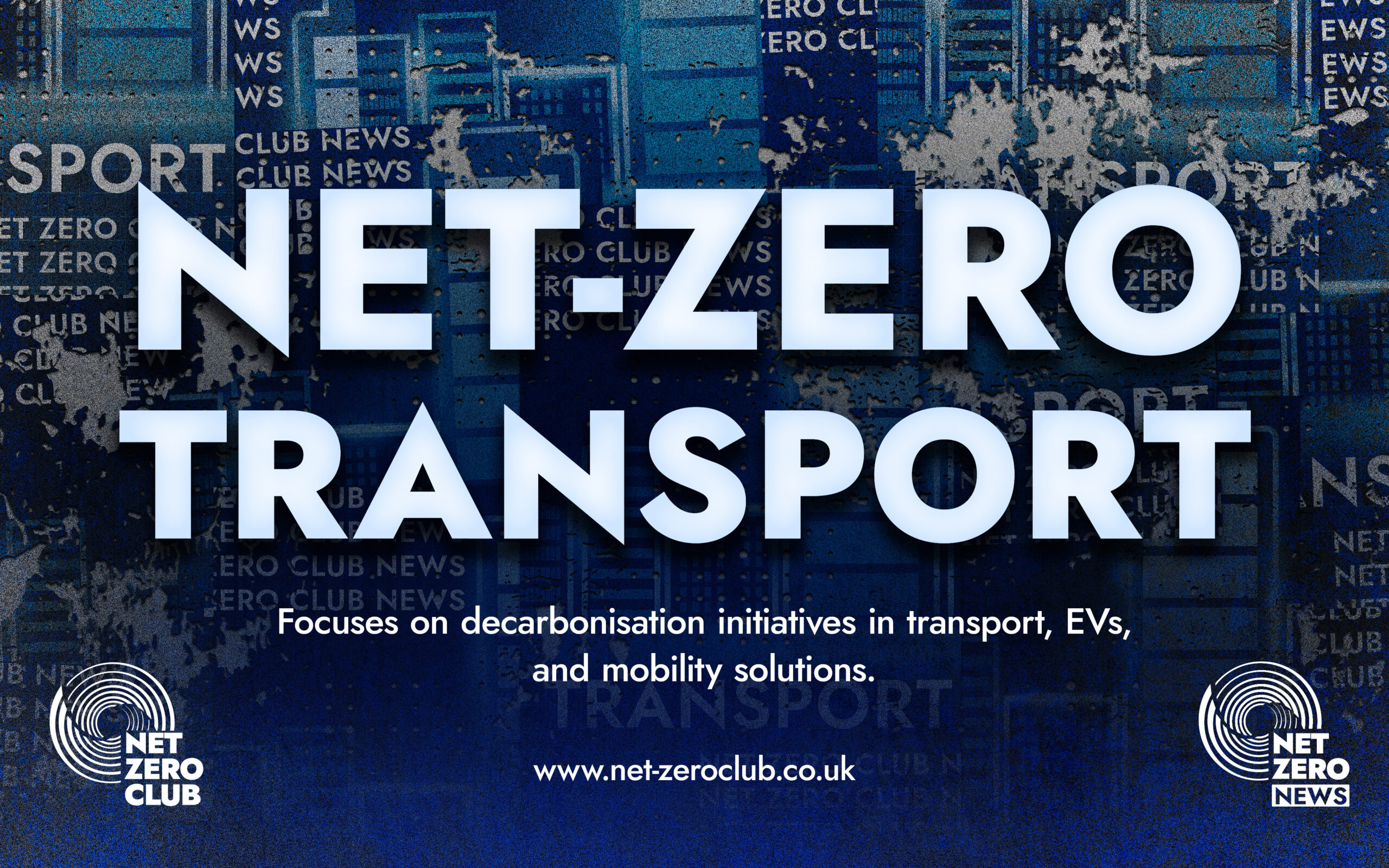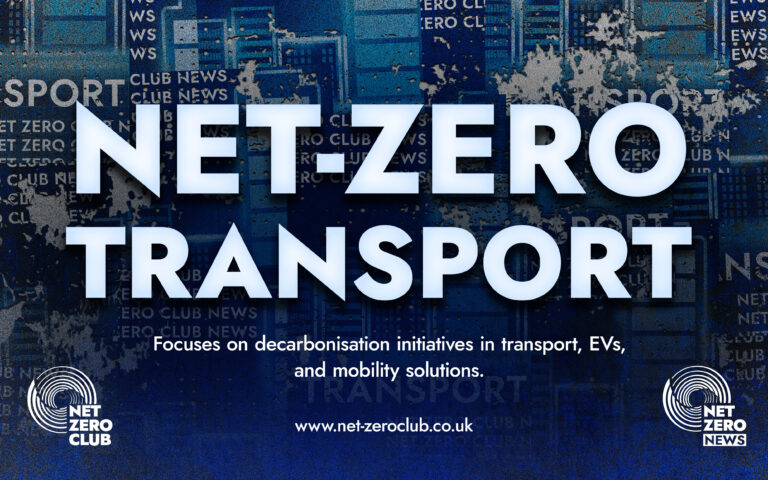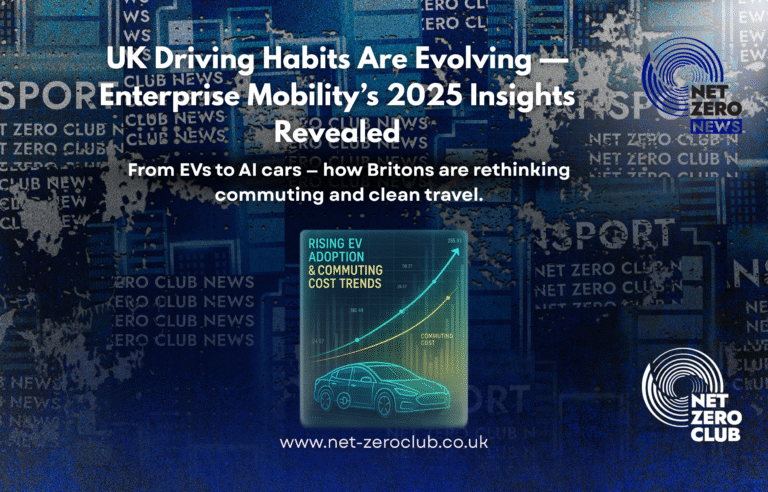AFP: Prioritise Support for Used Electric Vehicles

Welcome, Net Zero News readers,
As the electric vehicle (EV) landscape continues to evolve, the Association of Fleet Professionals (AFP) has stepped forward with an urgent appeal for support aimed at invigorating the used electric vehicle market in the forthcoming Autumn Budget. The AFP, a prominent voice in the fleet industry, believes that a targeted approach could significantly boost buyer enthusiasm for pre-owned EVs, helping to accelerate the transition towards a more sustainable transport system.
In recent months, the UK government has introduced grants for new electric vehicles, which have proven effective in sparking retail interest among consumers. However, the AFP argues that a similar initiative focusing on the second-hand sector could play an essential role in promoting the uptake of used EVs, which are increasingly becoming a viable option for many drivers looking to lower their carbon footprints.
Paul Hollick, the chair of the AFP, expressed optimism about the current state of the used EV market. He noted that values for these vehicles have stabilised, indicating that the period of significant month-on-month decreases in value may be behind us. However, he cautioned that consumer interest in used EVs remains inconsistent, and the residual values of these vehicles are still disappointingly low.
“Some form of support that helps to stimulate buyer enthusiasm – which could be anything from direct grants to interest-free loans – would be very well received by fleets,” Hollick stated, highlighting the potential impact that financial incentives could have on the market.
While acknowledging that the government’s Electric Car Grant scheme for new EVs has not been flawless, Hollick pointed out that it has made electric cars more accessible. Direct grants, coupled with substantial discounts driven by heightened competition, have contributed to this accessibility. “Really, we’d like to see a corresponding initiative for the used sector,” he added, emphasising the need for equitable support across all segments of the EV market.
In addition to advocating for measures to bolster the used EV market, the AFP has outlined a series of other proposals aimed at enhancing the overall electric vehicle ecosystem in the upcoming Budget. One significant suggestion is the abolition of Vehicle Excise Duty (VED) for electric cars and vans. Hollick explained that the recent increases in VED rates, which came into effect in April, have substantially raised the running costs for electric vehicles, creating a disincentive for potential buyers. Moreover, the introduction of VED for electric vans has proven counterproductive, particularly in a market that is still finding its footing.
Another critical area of focus for the AFP is the need for improved kerbside charging infrastructure. Hollick pointed out that a relatively inexpensive and effective solution has emerged in the form of cable gullies, which could significantly benefit residents living in terraced houses or apartments. He called for a commitment to a more extensive rollout of this initiative beyond the currently allocated £25 million, stating, “There is also a need to encourage more ‘destination’ charging at hotels and other facilities which, according to feedback from our members, is a hole in current network provision that is becoming increasingly apparent over time.”
The AFP also urged ministers to reconsider the reintroduction of charging infrastructure grants for businesses. Hollick lamented that the previous government’s scheme was marred by deadlines that made it nearly impossible for interested parties to access the funds, causing frustration among fleets. “It is presumably unallocated and still potentially available,” he remarked, suggesting that there is still an opportunity to support businesses looking to invest in charging infrastructure.
Another ongoing concern raised by Hollick is the issue of potholes, which continue to pose a significant risk to company cars and vans. Despite the government’s recognition of this problem in the last Budget, with an additional £500 million allocated for road maintenance, Hollick noted that it is challenging to see where this funding is being utilised. “The condition of our roads doesn’t appear to be noticeably improving. We’d like to see more visible progress,” he urged, reinforcing the need for accountability in infrastructure spending.
As the conversation around EVs continues to gain momentum, Hollick suggested that the Chancellor should take into account measures outlined in the AFP’s 2024 Tax and Regulation Manifesto. He acknowledged that while the government has implemented some of the proposals, there is still much work to be done. “They’ve now been in power for just over a year and we do believe this is a government that often listens to fleets and the wider motor industry,” he stated, recognising the recent positive developments such as the split-level Approved Emission Rates (AER). However, he cautioned that many of the issues at hand require both funding and time to address adequately.
As we approach the Autumn Budget, it is clear that the calls from the AFP represent a critical juncture for the used electric vehicle market and the broader EV ecosystem. The right support could not only stimulate buyer confidence but also pave the way for a more sustainable future in transportation. The transition to electric vehicles is pivotal in achieving our net-zero goals, and ensuring that all sectors, including the used vehicle market, are supported is essential for a successful transition.
In conclusion, the AFP’s proposals highlight the urgent need for government intervention to bolster the electric vehicle market—especially the used sector. By implementing targeted support measures, the government can enhance accessibility, stimulate demand, and ultimately accelerate the shift towards a greener, more sustainable transport system. As we continue to champion the cause of net-zero emissions, it is imperative that all stakeholders come together to create an environment that nurtures innovation and growth in the electric vehicle sector.
Let us hope that the upcoming Autumn Budget reflects the needs and aspirations of the fleet professionals and the broader community dedicated to achieving a sustainable future. Together, we can make strides toward a cleaner, greener world, where electric vehicles play a crucial role in reducing carbon emissions and fostering a more sustainable transportation system.

 Got net-zero news, project updates, or product launches to share?
Got net-zero news, project updates, or product launches to share? 


